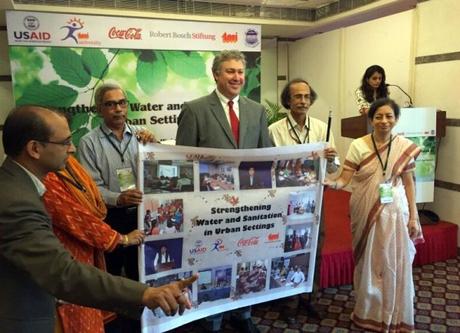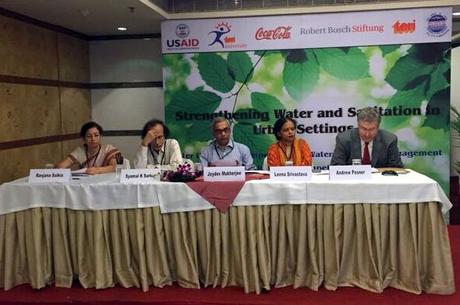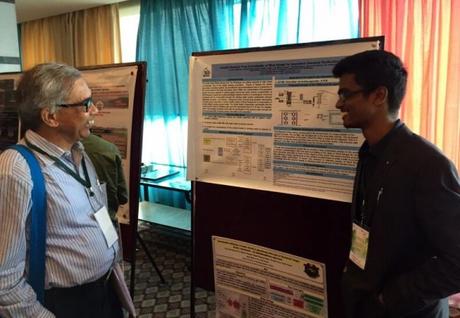Water is one of the six basic nutrients along with carbohydrates, fats, vitamins, proteins and minerals for the human body, which is 70% water and is critical for survival. Our bodies need sufficient hydration to stay healthy and prevent the risk of chronic diseases and cancer, urinary tract infections, maintaining healthy weight, preserve oral health.
The need to stay hydrated
Poor hydration can result in ulcers, constipation, urinary infections, incontinence, gallstones and kidney stones, heart disease, low blood pressure, diabetes, cognitive impairment, loss of focus and headaches. Dehydration can lead to skin problems, dizziness, fatigue, dry mouth and eyes and digestive issues.
The water and sanitation crisis
Sanitation and hygiene are key to child survival, development and growth. Human health depends on adequate drinking water, sanitation and hygiene, while environmental health relies on proper waste management. Without sanitation and hygiene, a number of health and environmental problems arise, resulting in sickness, loss of quality of life, education and work opportunities.
In spite of being aware of the importance of water, hydration and sanitation, there is a global water and sanitation crisis. Diarrhea kills at least 1.2 million children under five every year and billions have no access to basic sanitation, forcing them to defecate in the open.
Sadly, India has the highest open defecation rate in the world with people often walking for miles daily before they can even find a place. This compounds the problem by contaminating food and water. What a waste of time and human potential! For women, the sick and elderly and children the problem is far worse. Almost 1,400 children die in India every day from diseases linked to lack of clean water and sanitation facilities.
While efforts are on to improve access to safe drinking water and basic sanitation and to raise awareness of the importance of hand washing and waste management, we have a long way to go.
The WASH Program

In this scenario, I am proud to share the news that on August 12, Coca-Cola, The Energy and Resources Institute (TERI University) and the U.S. Agency for International Development (USAID) launched the 'Strengthening Water and Sanitation in Urban Settings" initiative in Kolkata, India.
This is a unique association and the first of its kind focused on the healthy development of low income settlements in the area. The aim of the WASH programs (Water, Sanitation and Hygiene) is to reach 50,000 beneficiaries in low-income settlements and over 300 professionals through WASH governance studies. It will also reach out to 2,500 students through 20 municipal schools across India.

This will supplement the Government of India's efforts to achieve its sanitation targets. This initiative will also create a talented pool of professionals to develop innovative models to support the Government of India's urban development programs including the Swachh Bharat Mission, the Smart City Initiative and the Atal Mission for Rejuvenation and Urban Transformation (AMRUT).
The WASH initiative will have target groups as co-researchers, promote behavioral change and upgrade researchers' skills. Some of its key objectives are:
- Conduct a comprehensive WASH-related risk analysis of health impacts in Kolkata and Chennai.
- Develop and implement interactive intervention strategies in specific urban areas to find solutions to reduce WASH-related risks and trigger behavioural changes.
- Build and facilitate faculty, students, and decision makers to tackle sanitation and health challenges and engage them in finding long term solutions.
The WASH initiative will also include an 'Inter University Competition on Water Resources Management' where top schools from across the country including Lady Shriram, Gargi College, NIT and Hindu College, among others will participate.

In her 69th year of Independence, India continues to move forward in strengthening Water and Sanitation in Urban Settings with the WASH program.


